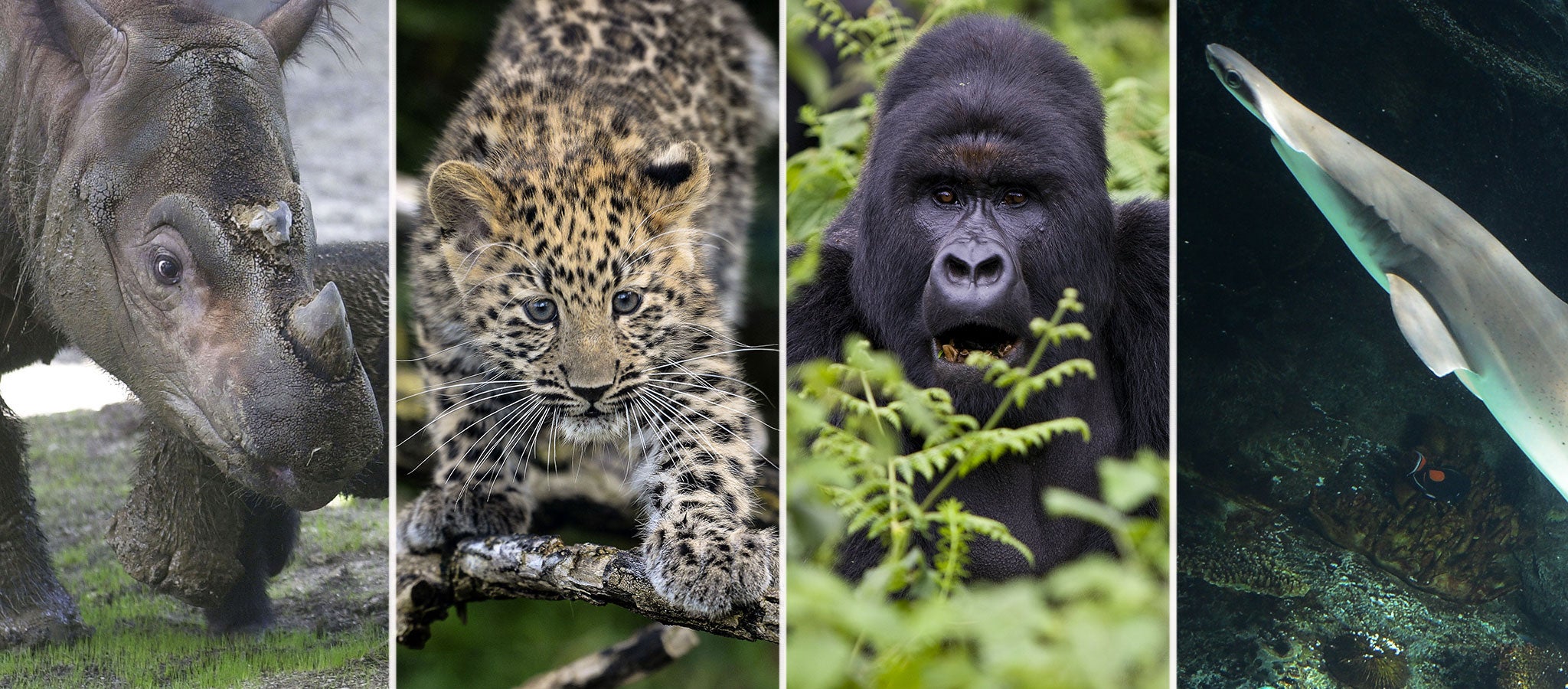Species are going extinct 1,000 times faster than nature can make new ones – and humans are to blame
Research suggests this rate could one day increase to 10,000 times

Species are going extinct about 1,000 times faster than nature can create new ones, new research has suggested.
On its own, nature wipes out species at a rate of roughly one per every ten million each year. However, a new study from Brown University suggests that species are dying off as much as 1,000 times more frequently than they used to before humans arrived.
As an example, this means that for the 10,000 species of birds on the planet a single species should have disappeared in the last millennium. Instead, in just the last 600 years 140 species of birds have gone extinct – a dramatic and alarming increase.
The study, published in the journal Conservation Biology, examined evidence from the evolutionary family trees of numerous plant and animal species to look at how they diversified over time.
Previous estimates looked solely at fossils, which the authors said was inaccurate as it did not allow them to identify an animal or plant’s exact species.
The researchers found the pre-human extinction rate was 10 times lower than scientists had thought, which means that the current level is 10 times worse.
Jurriaan de Vos, a Brown University Phd researcher and lead author of the study, said: “This reinforces the urgency to conserve what is left and to try to reduce our impacts. It was very, very different before humans entered the scene.”
Human population growth is one of the main factors contributing to the dying out of species, who find themselves confined to increasingly smaller areas of the world.
Stuart Pimm, a co-author of the study and President of conservation group SavingSpecies said: “We’ve known for 20 years that current rates of species extinctions are exceptionally high.
“This new study comes up with a better estimate of the normal background rate—how fast species would go extinct were it not for human actions. It’s lower than we thought, meaning that the current extinction crisis is much worse by comparison.”
Join our commenting forum
Join thought-provoking conversations, follow other Independent readers and see their replies
Comments
Bookmark popover
Removed from bookmarks